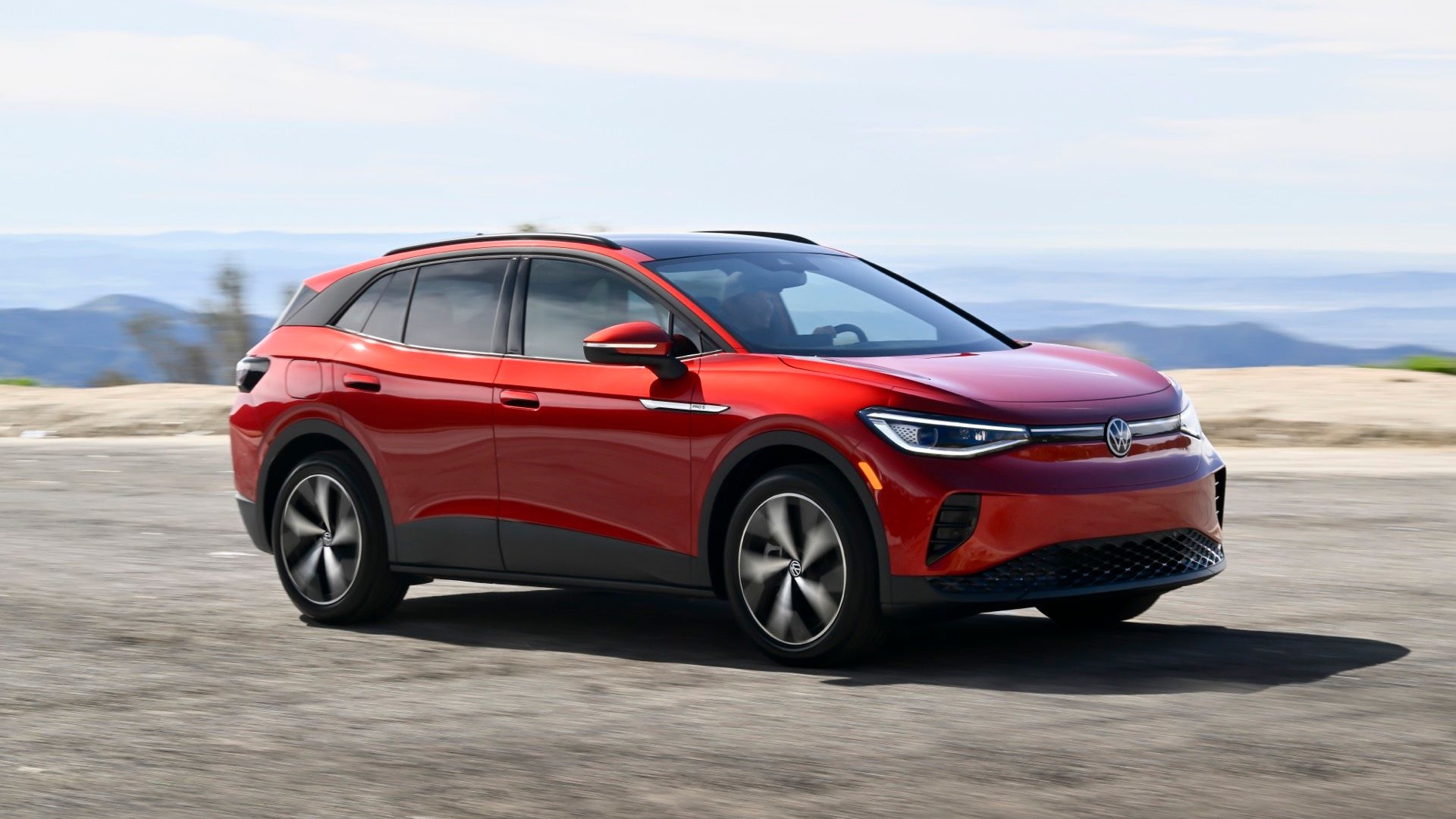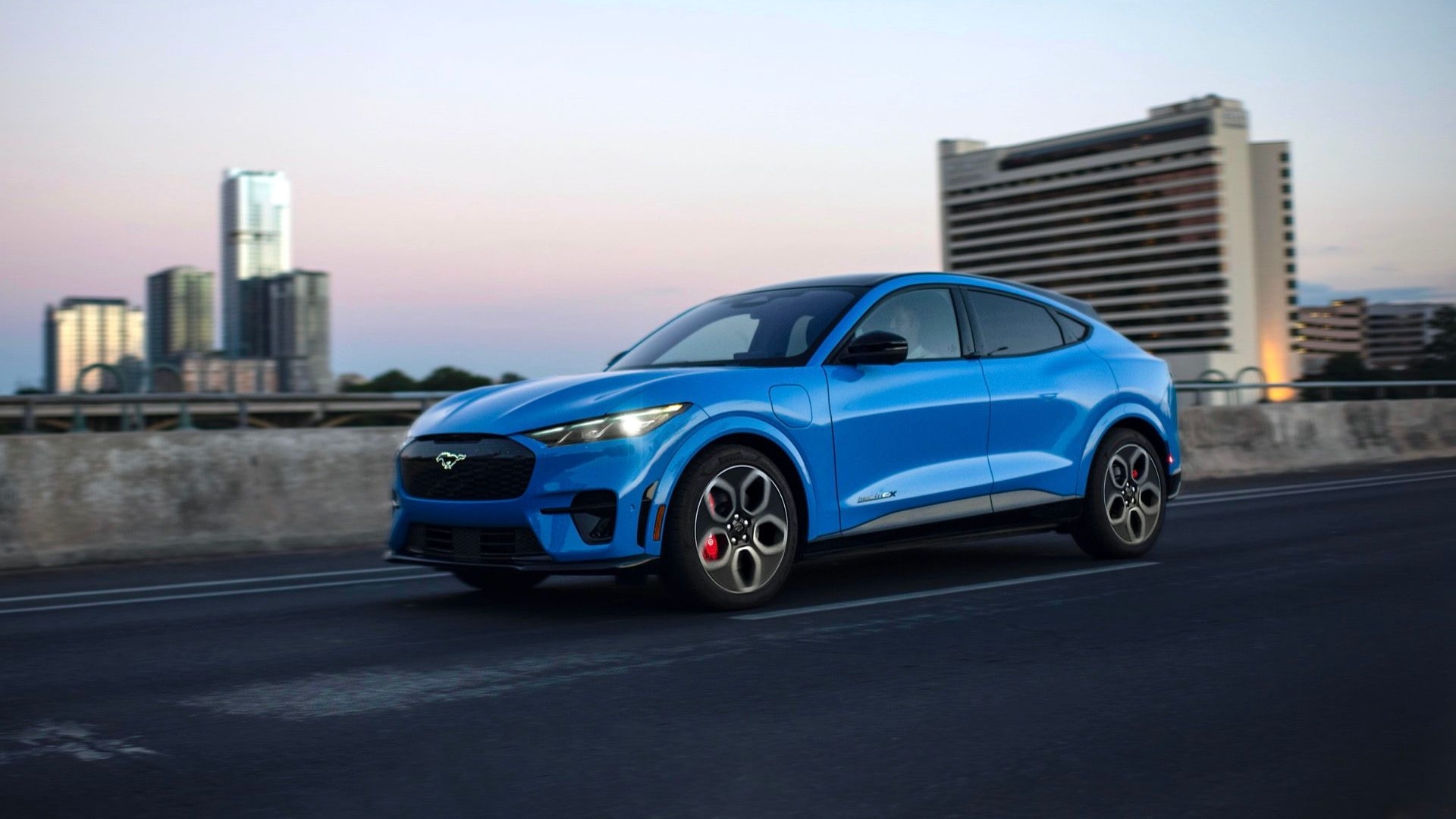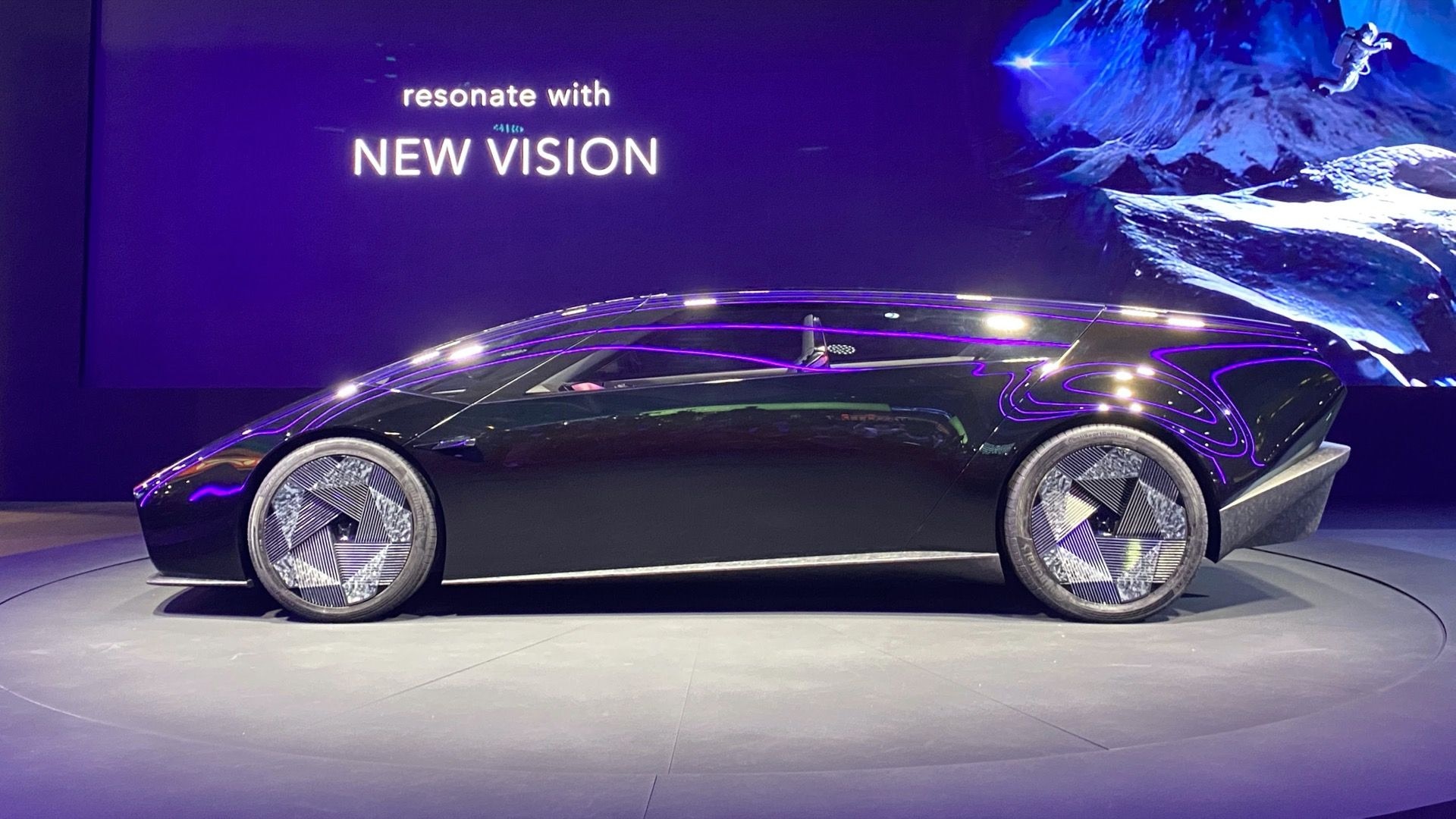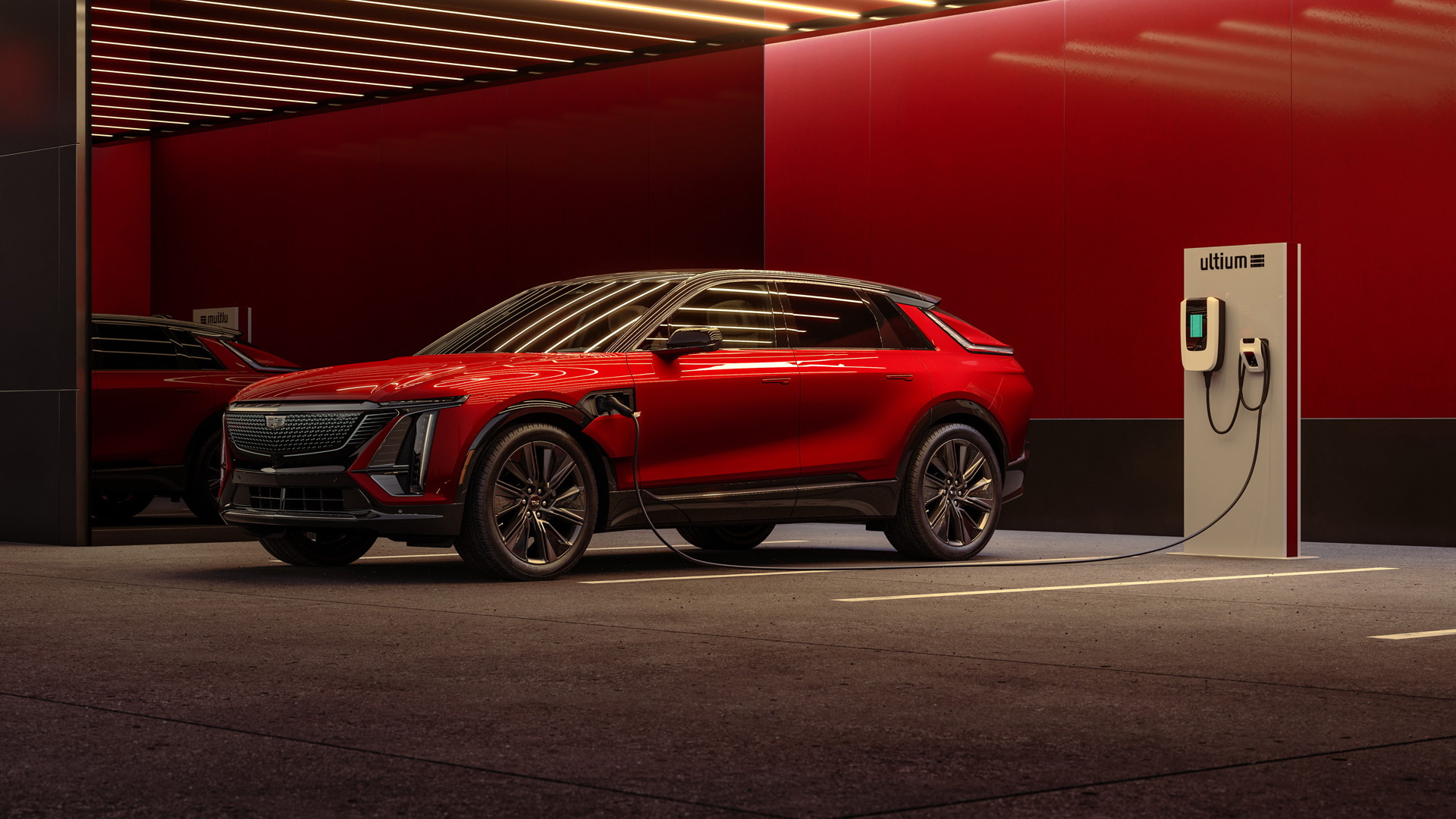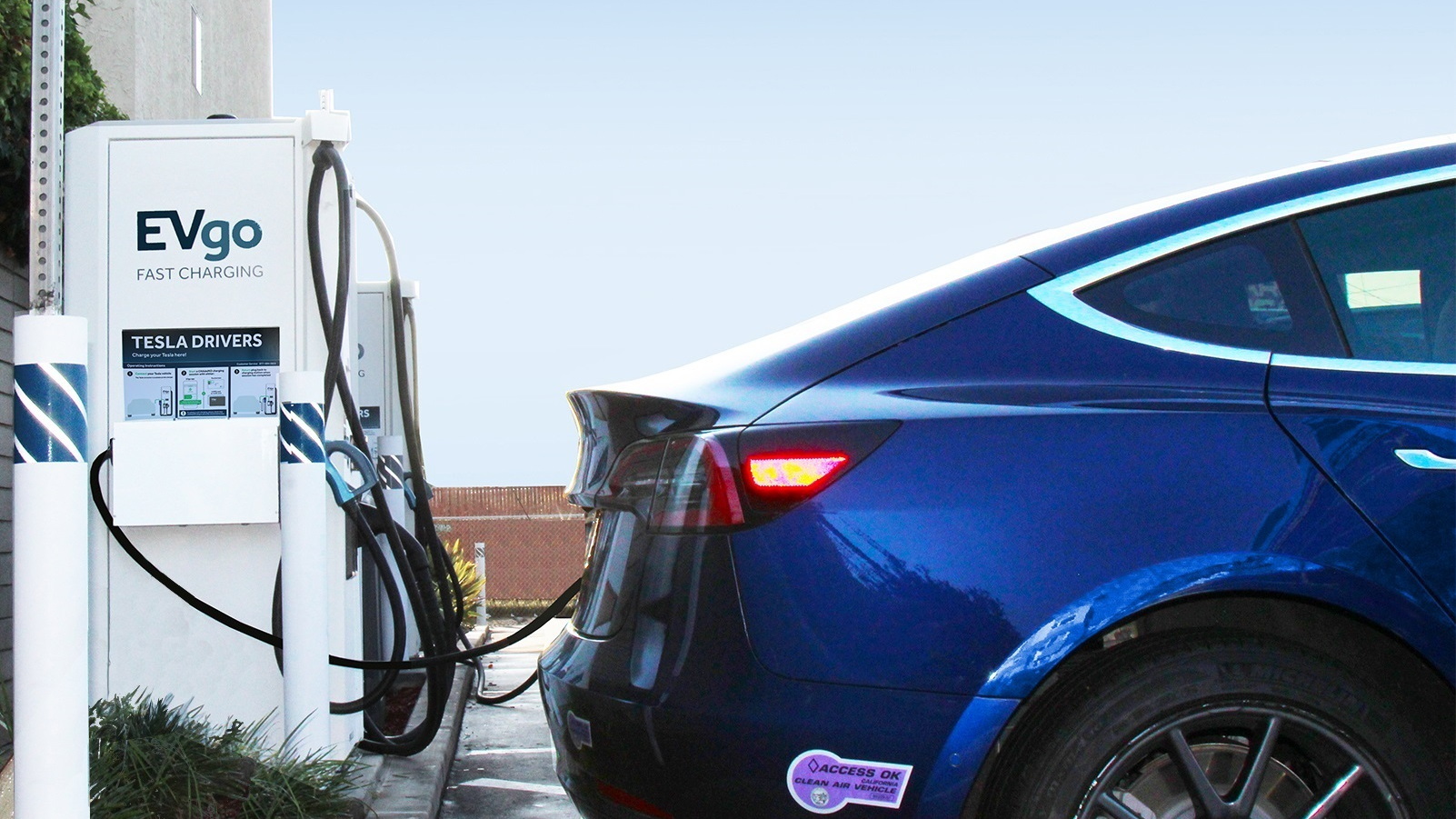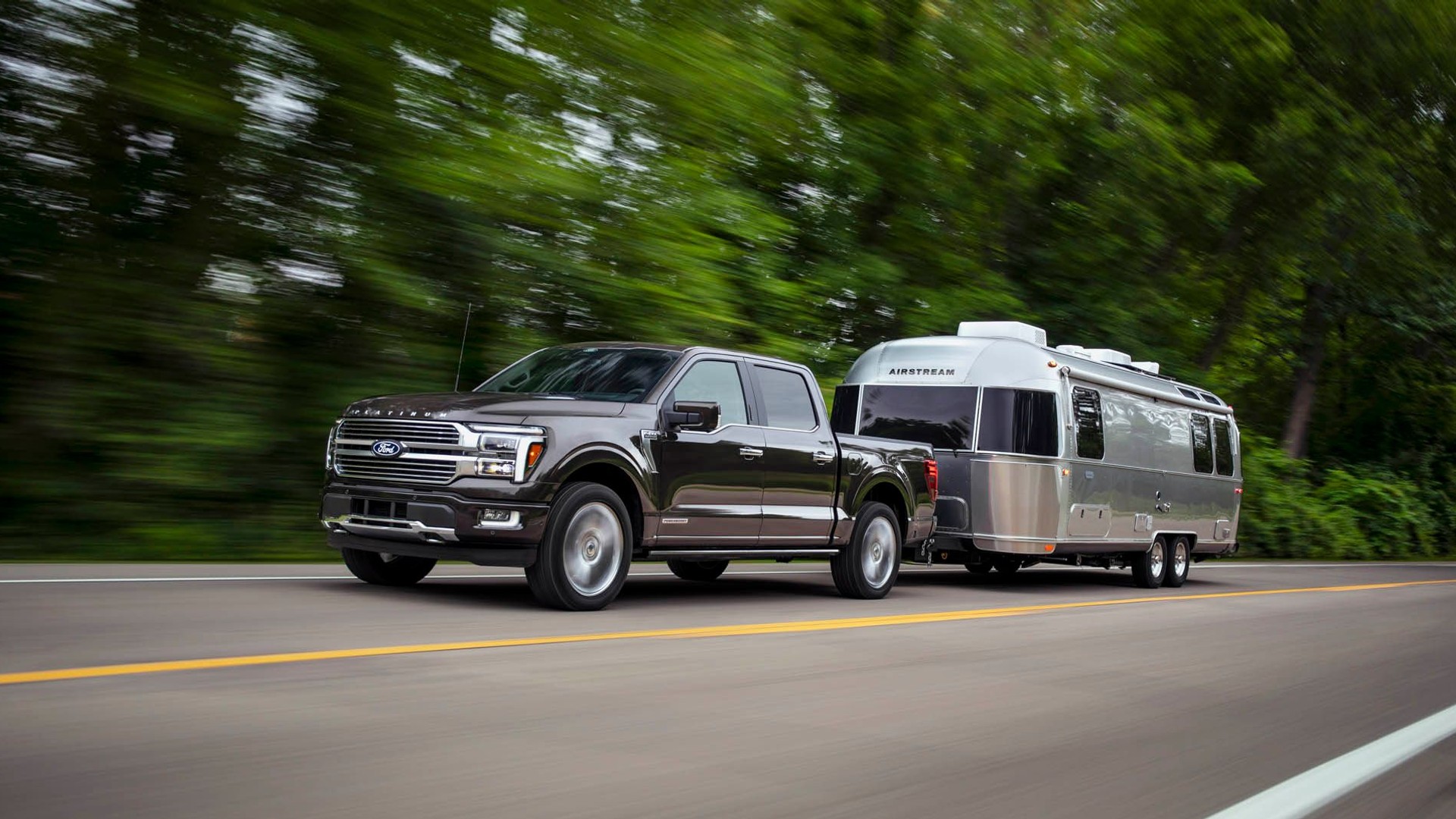A coalition of ethanol producers have joined a group of 16 states challenging tougher vehicle emissions standards for model years 2023 through 2026, Automotive News reported last week.
Under the Biden administration, the EPA has proposed rules that will support a fleet mix of about 40% EVs by 2030 and arrive at a slightly tighter level by mid-decade vs. Obama-era standards.
The ethanol producers, which include some corn and soybean growers associations, argue that the new rules exceed the EPA's authority because they effectively force automakers to produce electric cars. The agency can't favor one technology (electric cars) over another (internal combustion), the argument goes.
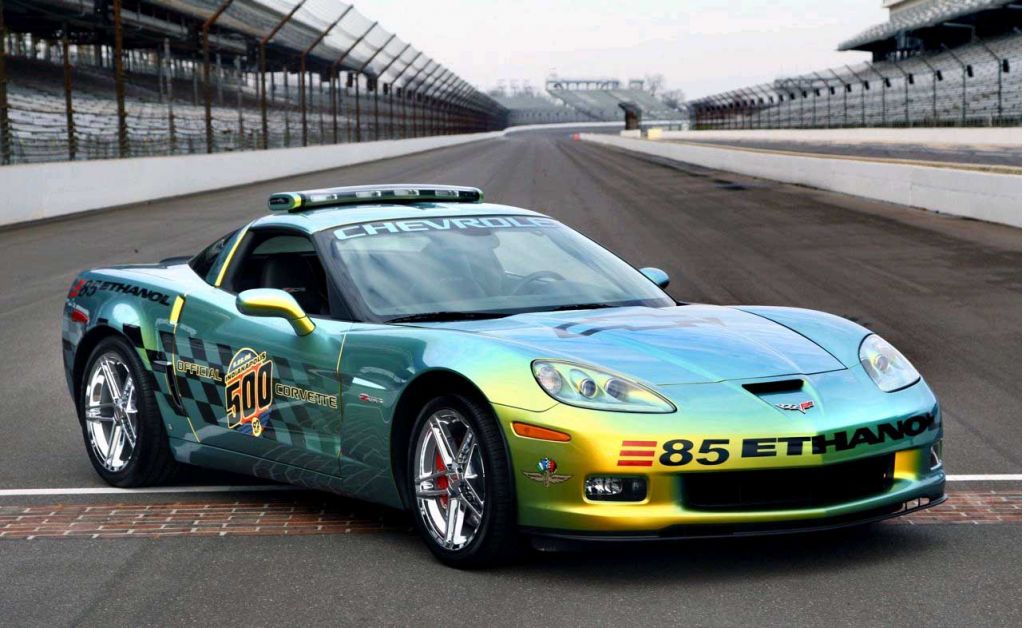
E85 Corvette Racer
It's similar to the argument put forth by the State of West Virginia and allied coal interests in a Supreme Court case that seeks to limit the EPA's ability to regulate power plant emissions. West Virginia claims the EPA is mandating a switch to renewable energy, something state officials argue is beyond the agency's authority.
Groups of states opposing EPA policy is becoming a common occurrence. A different group of states banded together with environmental groups to oppose the EPA mpg freeze under the Trump administration.
The ethanol industry is an unexpected ally in opposing the Biden standards, as it in the past has sided with tighter mpg standards and suggested that ethanol is the greener choice compared to conventional fossil fuels. This position indicates that's no longer the case.
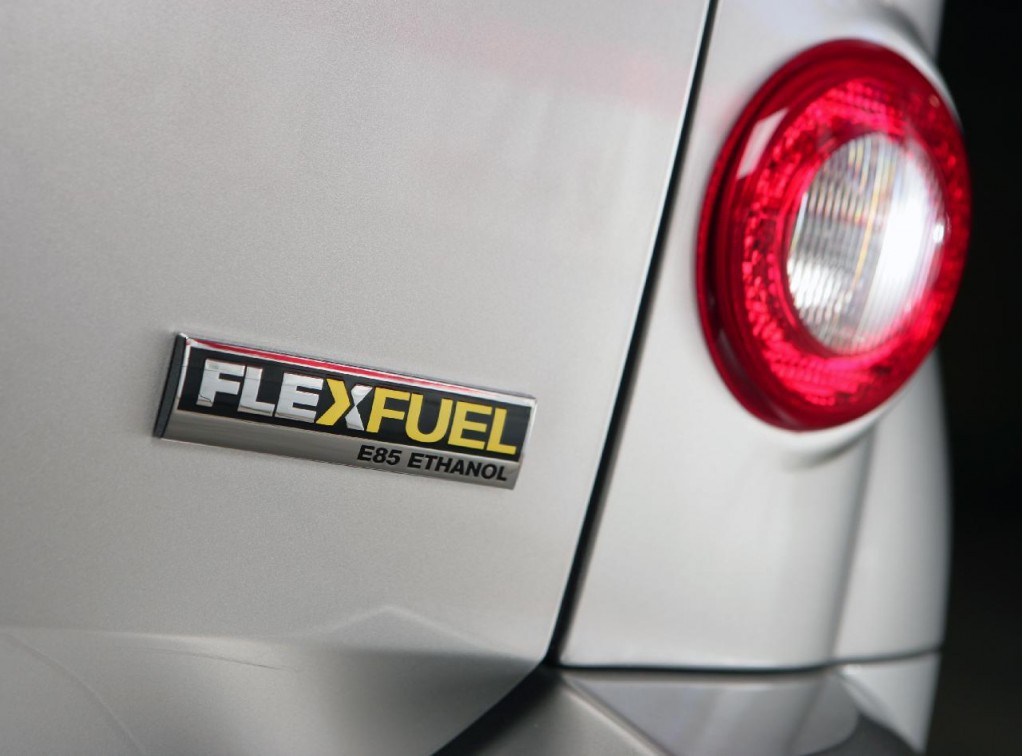
FlexFuel badge on E85-capable 2009 Chevrolet HHR
A recent study suggested that mixing corn-based ethanol with gasoline could actually be worse for the environment than straight gasoline, owing to environmental issues from growing all of that corn.
The 2008 Renewable Fuel Standard sought to add more ethanol to United States gasoline supplies, with results that were ambiguous at best, and no significant revision of ethanol policy has been undertaken since then.
In the meantime, the Biden administration has said automakers will pay steeper fines for failing to comply with emissions rules.




